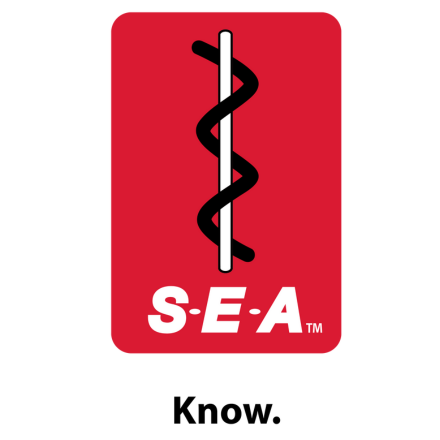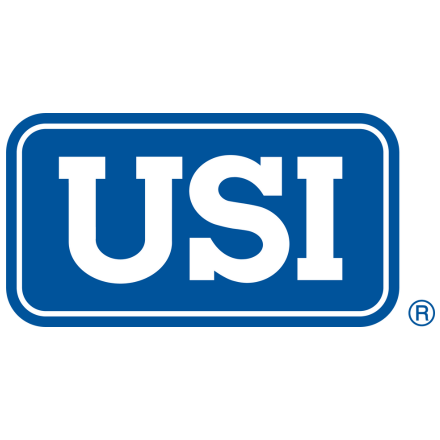The Holes in the Charitable Immunity Shield: Wolfe v. Budzyna, 102 Mass. App. Ct., 1116 (2023)May 2023 • Source: Melick & Porter The Charitable Immunity Statute in Massachusetts is not a blanket shield to officers of non-profit organizations. In Wolfe v. Budzyna, 102 Mass. App. Ct., 1116 (2023), the Massachusetts Appeals Court affirmed the denial of the employer’s motion for summary judgment in favor of the employees in a case alleging unpaid wages under the Massachusetts Wage Act. The employees of a nonprofit organization filed suit under the Massachusetts Wage Act alleging that the nonprofit’s officers intentionally harmed the employees by promising wages while directing the organization’s funds to third party vendors, despite knowing that the organization was on the verge of bankruptcy. In most unpaid wage claims, the Massachusetts Wage Act imposes liability for unpaid wages on the employer and their officers. However, there is an applicable defense if the organization is a nonprofit. The Charitable Immunity Statute protects uncompensated officers of a nonprofit organization from any liability arising from civil suits “as a result of any acts or omissions related solely to the performance of his duties as an officer.” In other words, individuals are shielded from the Massachusetts Wage Act if (1) they are officers of a nonprofit organization; (2) they are not compensated for their service; and (3) the officers withheld wages while executing their official duties. The Charitable Immunity Statute might seem encompassing, but there are exceptions to the rule. Any acts or omissions by officers “intentionally designed to harm” or are “grossly negligent . . . which result in harm to the person” are precluded from the statute’s protection. Here, the defendants easily satisfied the elements of the Charitable Immunity Statute: (1) they were treasurers of a nonprofit organization, the Boston Children’s Theater; (2) they were not compensated for their services; and (3) they directed company funds to third party vendors instead of the employees as part of their official duties. However, the Massachusetts Appeals Court ruled that the statute was inapplicable to the defendants because their actions constituted “an intentional design to harm employees.” The court reached this conclusion by comparing this case to Lynch v. Crawford, where the court found the president’s actions constituted “an intentional design to harm employees by failing to pay them the wages they were due.” 483 Mass. 631, 644 (2019). In both cases, the officers (1) personally promised employees that they would be paid; (2) knew that the organization would not make payroll; and (3) chose to direct funds to outside vendors instead of to employees. As such, the court followed the precedent and affirmed the denial of the defendants’ motion for summary judgment. This decision underscores the desire of the court to provide and protect employees’ ability to collect wages ahead of corporate interests such as paying third party vendors. If you have questions about these issues, Melick & Porter’s team of experienced employment law attorneys are always available to help. |













